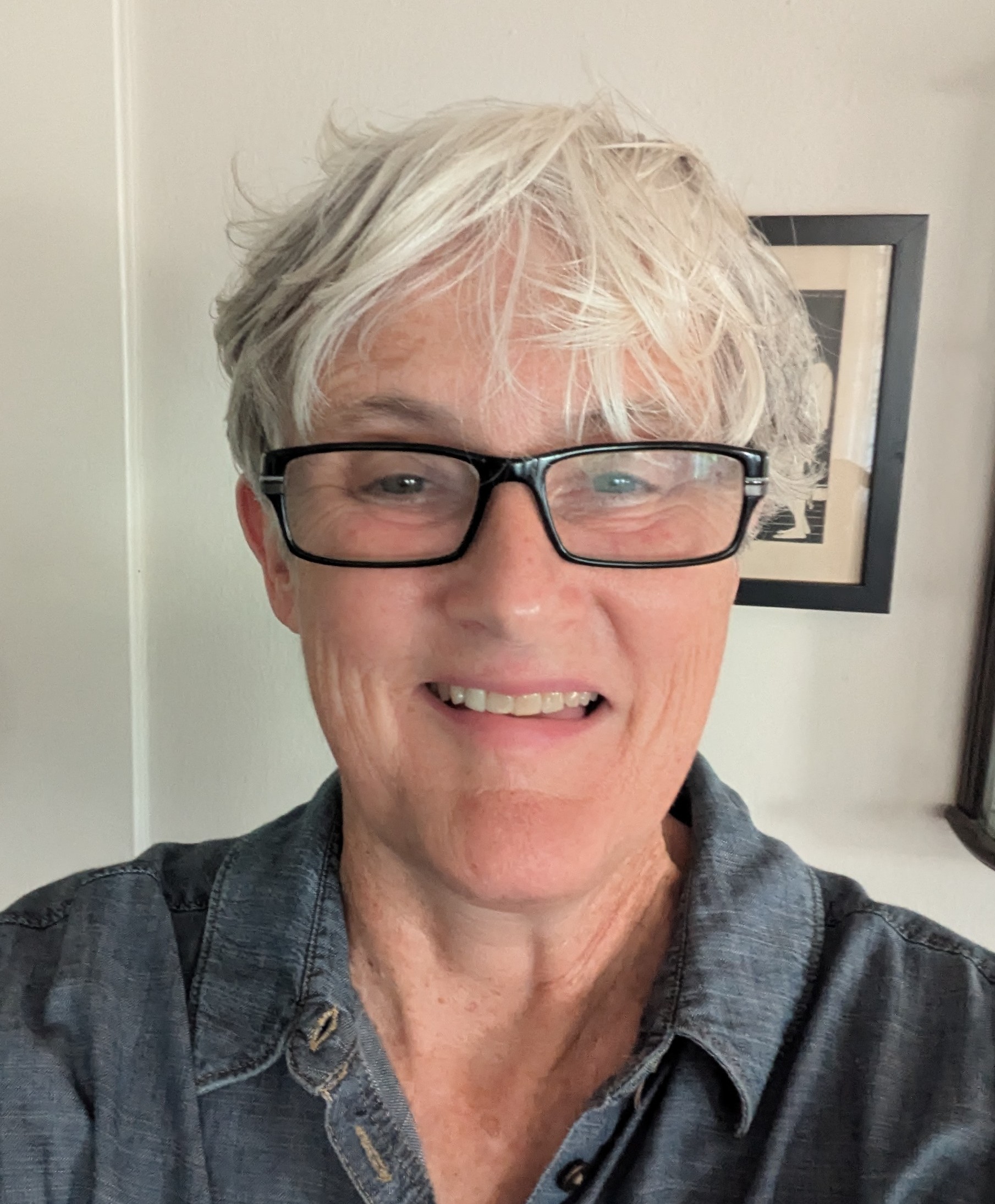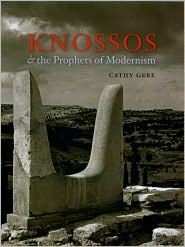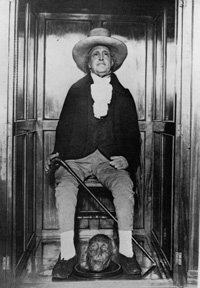
- cgere@ucsd.edu
- (858) 534-6051
-
Ridgewalk Academic Complex Arts and Humanities Building
Professor

Cathy Gere was born in England in 1964, and attended Oxford University as an undergraduate, but dropped out after two years and spent a decade in London, New York, and San Francisco, engaged in various forms of political activism and earning her living as a carpenter. After an injury made it impossible to continue in the construction industry, a series of soul-crushing office jobs sent her back to school, and eventually she completed a PhD and postdoc in history and philosophy of science at the University of Cambridge. Her first teaching job was at the University of Chicago; she came to UC San Diego in 2007. She teaches classes in the history of medicine, biology, neuroscience and medical ethics, and is the author of three books, the latest of which, Pain, Pleasure and the Greater Good, from the Panopticon to the Skinner Box and Beyond (Chicago, 2017), explores the history of utilitarianism in medical ethics and psychology:
My last book was Knossos and the Prophets of Modernism (University of Chicago Press, 2009)
Winner of the Prose Prize for Archaeology and Anthropology, Association of American Publishers; Winner of the Bonner Award, Academy of Scholars, Wayne State University; short-listed for the Criticos Prize.

My first book The Tomb of Agamemnon (Cambridge: Harvard University Press, 2006; London: Profile Press, 2006; Athens: Patakis Press, 2007) was published as part of the ‘Wonders of the World’ series under the editorship of Mary Beard.
In 2004 my brother and I co-edited a special issue Studies in History and Philosophy of Biological and Biomedical Sciences on the ‘Brain in a Vat’.
“Hemispheric Disturbances,” review of Who’s in Charge: Free-will and the Science of the Brain, by Michael Gazzaniga, The Nation, December 5th, 2011.
‘“Nature’s Experiment”: epilepsy, brain localization, and the emergence of the cerebral subject’ in Neurocultures: glimpses into an expanding universe, ed. Francisco Ortega and Fernando Vidal, Frankfurt am Main: Peter Lang, 2011.
‘Dying and Not Dying,’ review of The Immortal Life of Henrietta Lacks by Rebecca Skloot, London Review of Books, June 10th, 2010
‘To Hairiness!’ review of The Marvellous Hairy Girls by Merry Wiesner Hanks, London Review of Books, July 23rd, 2009
‘Restoring Faith: the ancient Minoan civilization’ History Today, 59:7, July 2009, pp. 48-50
‘An Experimental Life’ History Workshop Journal, 63, Spring, 2007, pp. 279-287
‘Freudian archaeology and Cretan Psychoanalysis’ in Archaeology and European Modernity: producing and consuming the ‘Minoans’, special issue of Creta Antica, (2006).
Parry, B.C. and Gere, C., ‘Contested Bodies: property models and the commodification of human biological artefacts.’ Science as Culture (2006)
Gere, C. and Parry, B.C., ‘The Flesh Made Word: banking the body in the age of information.’ Biosocieties 1:1 (2006)
‘The Brain in a Vat’ Studies in History and Philosophy of Biological and Biomedical Sciences Vol. 35, no. 2, pp.219-225 (2004)
‘Thought in a Vat: Thinking Through Annie Cattrell’ Studies in History and Philosophy of Biological and Biomedical Sciences Vol. 35, no. 2, pp.415-436 (2004)
‘A Brief History of Brain Archiving’ Journal of the History of the Neurosciences Volume 12, issue 4, pp. 396-410 (2003)
‘Inscribing Nature: archaeological metaphors and the formation of new sciences’ Public Archaeology, Vol. 2, no. 4, pp.195-208 (2002).
‘William Harvey’s Weak Experiment: the archaeology of an anecdote’, History Workshop Journal no. 51, pp.19-36, (2001).
‘Bones that Matter: sex determination in paleodemography 1948-1995’. Studies in History and Philosophy of Biological and Biomedical Sciences, Vol. 30, no.4, pp.455-471, (1999)
Two Sovereign Masters: medicine, morals and the science of pain and pleasure examines the political history of hedonistic psychology, from Thomas Hobbes’ Leviathan to twenty-first-century neuroeconomics.

Out of the political convulsions of the reform period in British politics came a new conception of what it meant to be human, one that happened to be perfectly aligned with the emerging ideologies of scientific medicine. This new conception redefined human reason, characterizing it as a mostly unconscious striving to maximize pleasure and minimize pain. Importantly, this psychology of appetites and aversions was shared by all sentient beings, dissolving the boundary between human and non-human animals. Experimental physiologists, clinicians and neurologists used this new understanding of the human animal as the basis for rethinking their investigative practices. Soon evolutionary theorists and economists had adopted versions of this hedonist psychology into their own disciplines. The keyword that united all these disparate fields was 'utility.' Between the 1830s and the 1880s, British neuroscience, biology, economics, psychology, philosophy of mind and moral and political philosophy reached an extraordinary level of agreement about the basis of human behavior and the justification for human action. This project will trace the birth, death and resurrection of this Utilitarian psychology, from its deepest roots in the political accord reached after the English Civil War, through its triumph and demise in the nineteenth and twentieth centuries, to its current revival in Anglo-American neuroscience.